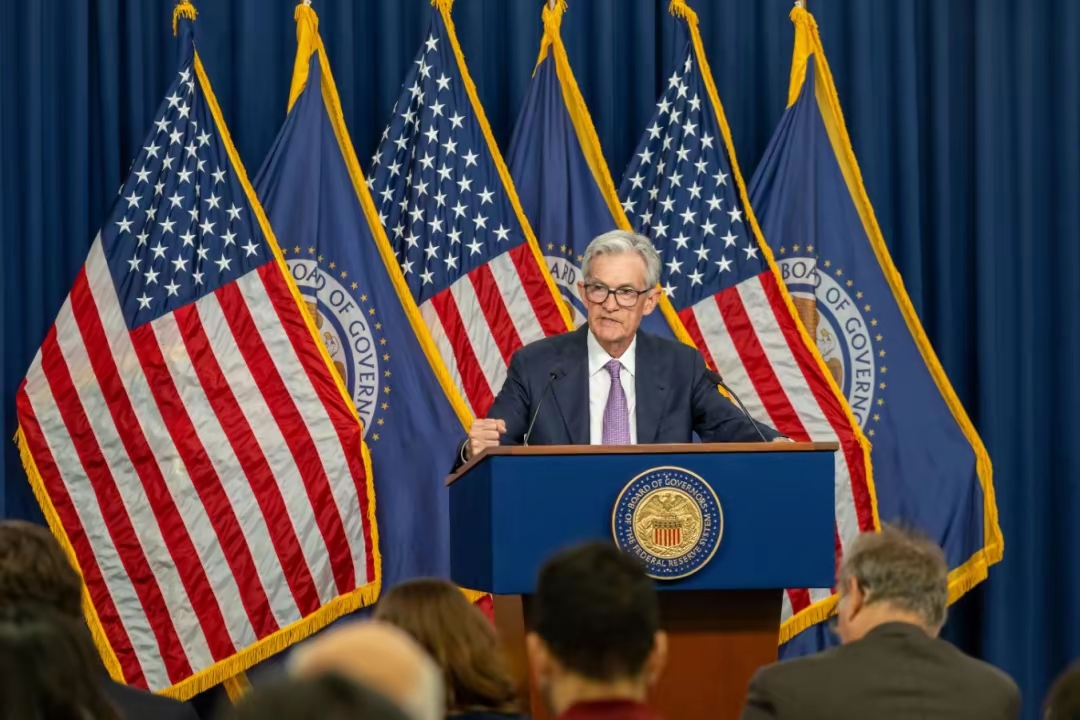
In 2024, the Federal Reserve's interest rate cuts are like a giant rock thrown into a calm lake, causing waves in the global financial market. What is the impact of this major decision on major asset classes? It is worth exploring and analyzing in depth.
Stock market.The Federal Reserve's interest rate cuts are usually seen as a positive signal for the stock market. Firstly, interest rate cuts have lowered the financing costs for enterprises. Enterprises can obtain loans at lower interest rates for activities such as expanding production, investing in research and development, or conducting mergers and acquisitions. This helps to improve the profitability and competitiveness of enterprises, thereby driving up stock prices. Secondly, interest rate cuts have made market liquidity more abundant. Investors have reduced the cost of capital in their hands and are more inclined to invest their funds in risky assets such as the stock market. This will increase the inflow of funds into the market and drive the stock market up.
Bond market.The impact of the Federal Reserve's interest rate cuts on the bond market is complex. On the one hand, interest rate cuts usually lead to a decrease in bond yields. This is because bond prices have an inverse relationship with yields. When interest rates decrease, bond prices rise and yields correspondingly decrease. For fixed income investors, this means that the attractiveness of bonds increases, and they may increase their allocation to bonds.
On the other hand, interest rate cuts may also raise concerns about inflation. If inflation expectations rise, bond investors may demand higher yields to compensate for inflation risks, leading to an increase in bond yields. In addition, different types of bonds have different reactions to interest rate cuts. For example, long-term bonds are usually more sensitive to changes in interest rates than short-term bonds, so in an environment of interest rate cuts, the price increase of long-term bonds may be greater.
Foreign exchange market.The impact of the Federal Reserve's interest rate cuts on the foreign exchange market is mainly reflected in the US dollar exchange rate. Generally speaking, interest rate cuts will lead to a weakening of the US dollar. This is because interest rate cuts have reduced the attractiveness of the US dollar, and investors will transfer their funds from US dollar assets to other currency assets. In addition, interest rate cuts will also affect the interest rate differential between the United States and other countries. If the interest rate differential between the United States and other countries narrows, the exchange rate of the US dollar relative to other currencies will also decrease.
However, the trend of the US dollar exchange rate is not entirely determined by the Federal Reserve's interest rate cuts. Other factors, such as the global economic situation, trade frictions, geopolitical risks, etc., can also have a significant impact on the foreign exchange market.
Commodity market.The impact of the Federal Reserve's interest rate cuts on the commodity market is also significant. On the one hand, interest rate cuts usually lead to currency depreciation, which increases commodity prices denominated in US dollars. For example, the prices of commodities such as gold and crude oil may rise due to the weakening of the US dollar. On the other hand, interest rate cuts may also stimulate economic growth and increase demand for commodities. If the economic outlook improves and industrial production and consumer demand increase, the demand for commodities will also correspondingly rise, driving up prices.
Taking gold as an example, as a safe haven asset and hedging tool, it is often favored by investors after the Federal Reserve cuts interest rates. The currency depreciation and rising inflation expectations caused by interest rate cuts have increased the attractiveness of gold and led to price increases. For crude oil, interest rate cuts may stimulate economic growth and increase demand for energy.
Real estate market.The Federal Reserve's interest rate cuts also have a positive impact on the real estate market. Firstly, interest rate cuts have lowered mortgage interest rates, resulting in lower purchasing costs for homebuyers. This will stimulate demand in the real estate market and drive up housing prices. Secondly, interest rate cuts will also enhance the financing capabilities of real estate developers and promote an increase in real estate development activities.
In summary, the impact of the Federal Reserve's interest rate cuts on major asset classes is complex and multifaceted. The response of different asset classes to interest rate cuts is influenced by multiple factors, and investors need to comprehensively consider economic conditions, market expectations, risk preferences, and other factors when allocating assets. At the same time, the government and regulatory agencies also need to closely monitor changes in the financial market, take appropriate policy measures, and maintain the stability of the financial market and the healthy development of the economy.

The South Korean political arena has once again been embroiled in a public controversy over a judicial investigation that has shaken the entire nation.
The South Korean political arena has once again been embroi…
On the morning of December 29th local time, the precious me…
According to the US media Barchart, recently, the fluctuati…
On December 29th, Mar-a-Lago in Florida, USA, witnessed a h…
SoftBank Group announced on Monday that it has agreed to ac…
Recently, the US State Department issued a visa ban, adding…